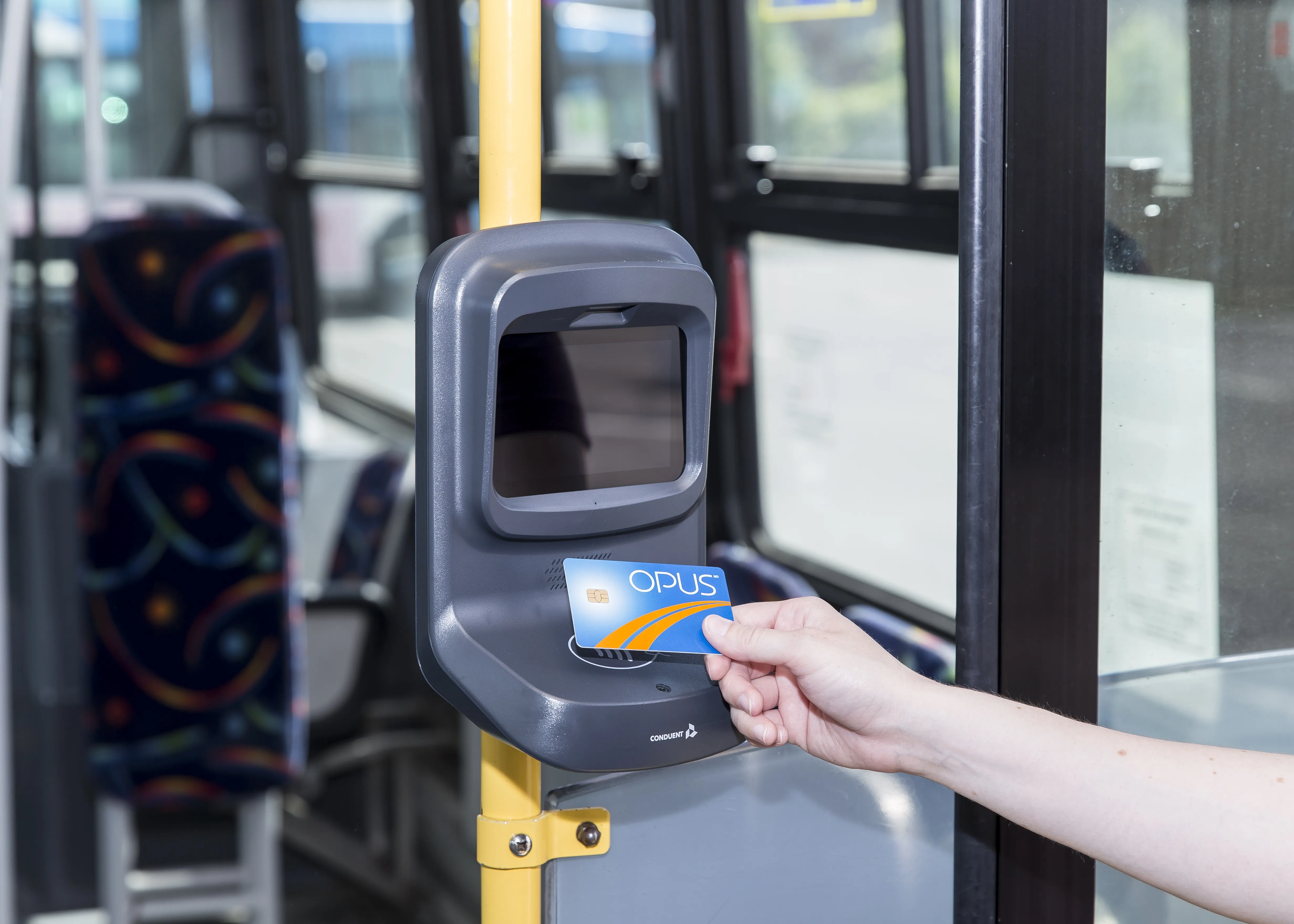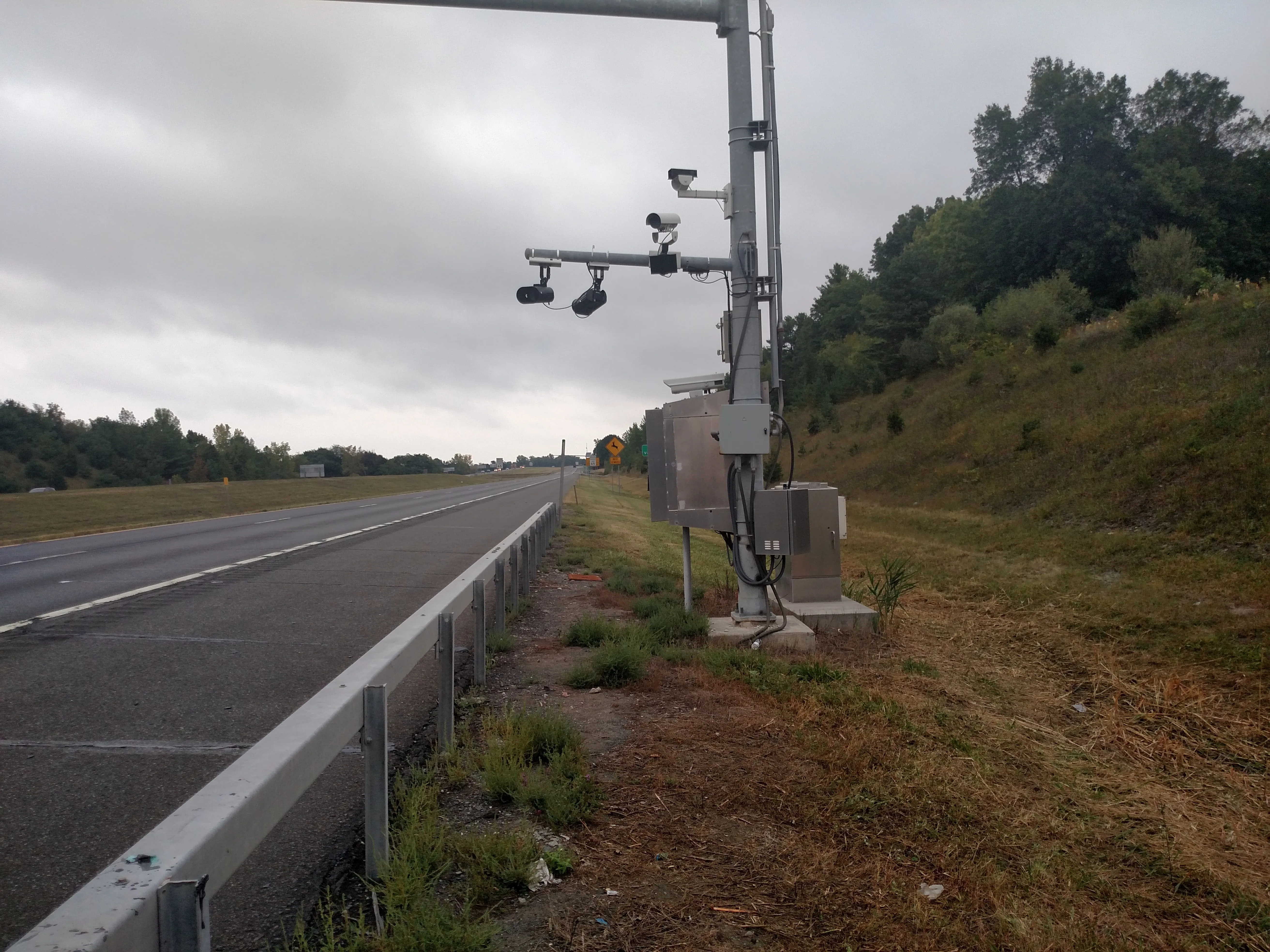
Société de Transport de Montréal (STM) has renewed its contract with Conduent Transportation.
It will run for another three years to support seven transportation networks with maintenance and upgrades of their systems and ticketing equipment in the Montreal metropolitan area and Quebec City.
STM is the ticketing manager on behalf of the Autorité Régionale de
Transport Métropolitain (ARTM), which owns the ticketing system
Conduent will continue to manage and maintain the Opus fare collection system across all public transportation networks.
The company has been working with the seven transportation networks
— Montreal (STM), Laval (STL), Longueuil (RTL), Joliette (MRCJT), Quebec
(RTC), Levis (STLévis) and the Montreal Metropolitan Transportation Network
(Exo) — since 2003.
“Working together, we have introduced leading technologies to enhance the transit systems serving Montreal and Quebec City,” said Mark Brewer, president, transportation solutions at Conduent.









